2026 NCNC Session Descriptions
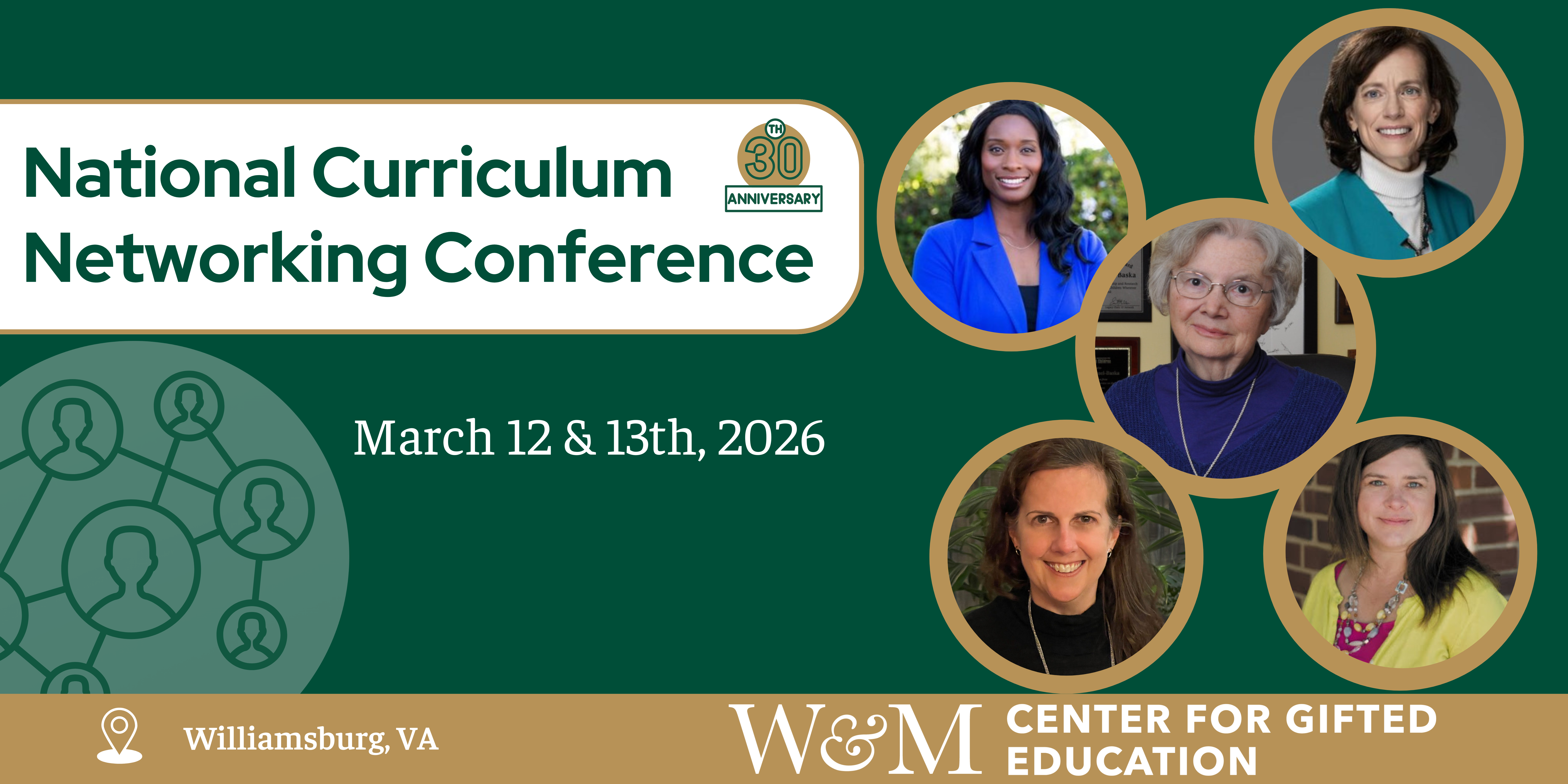 NCNC 2026 Full Schedule
NCNC 2026 Full Schedule
Thursday, March 12th, 2026
8:30 - 9:00 a.m. Eastern
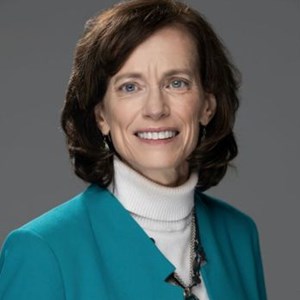 Welcome - Day 1
Welcome - Day 1
- Dr. Shelagh Gallagher
- Join us in Matoaka to kick of NCNC Day 1
9:00 a.m. - 10:00 a.m. Keynote
Shining Bright with Brilliance: Building Brain Health and Brain Skills in the Age of AI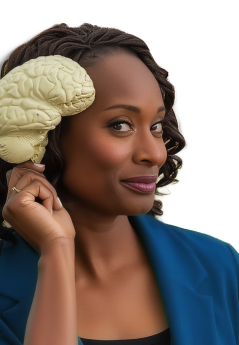
- Genein Letford
- Building the leaders of tomorrow begins by knowing how the brain, the arts and wisdom are intertwined in a unique symphony of creative development. Join us for an interactive, jovial keynote that will teach you the newest curriculum integration methodologies, backed by neuroscience, to develop creative thinking and other essential brain health skills for our gifted scholars.
- Apply tools to increase brain capital (brain skills + brain health)
- Increase the mind, body connection for brain health and creativity using the arts
- Create purposeful objectives that reflect the needs of the workforce
- Compile three ways to utilize the environment for brain stimulation
- Describe four ways the arts build the brain during the critical periods
10:00 a.m. - 10:20 a.m. Coffee Break
 Coffee Break - Networking Opportunity
Coffee Break - Networking Opportunity
- Please help your self to coffee with all the fixings and take the opportunity to introduce yourself to at least 2 people you don't already know.
- Sponsored by My Habit Coach
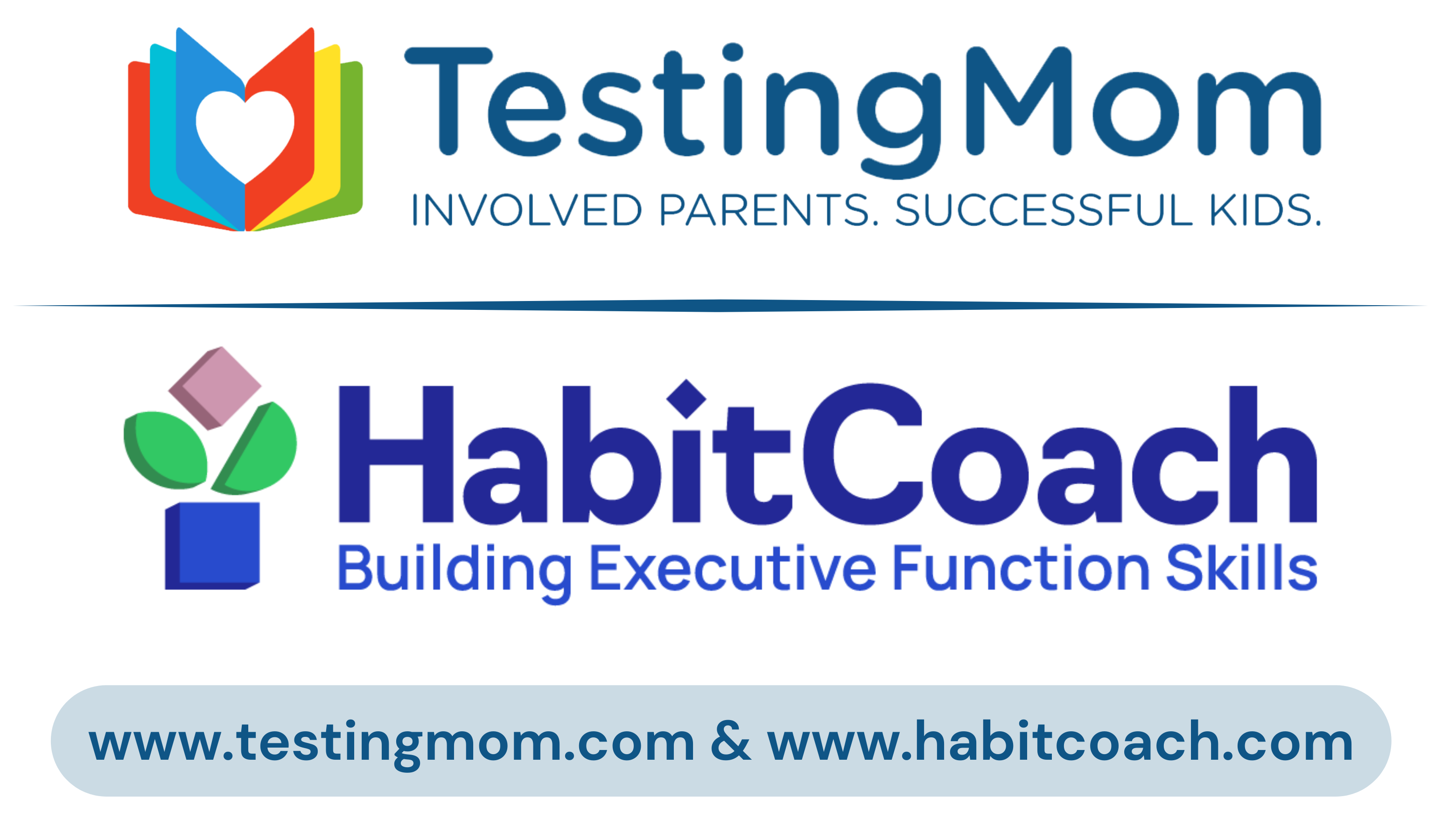
10:20 a.m. - 11:20 a.m. Breakout Session (choose 1 to attend)
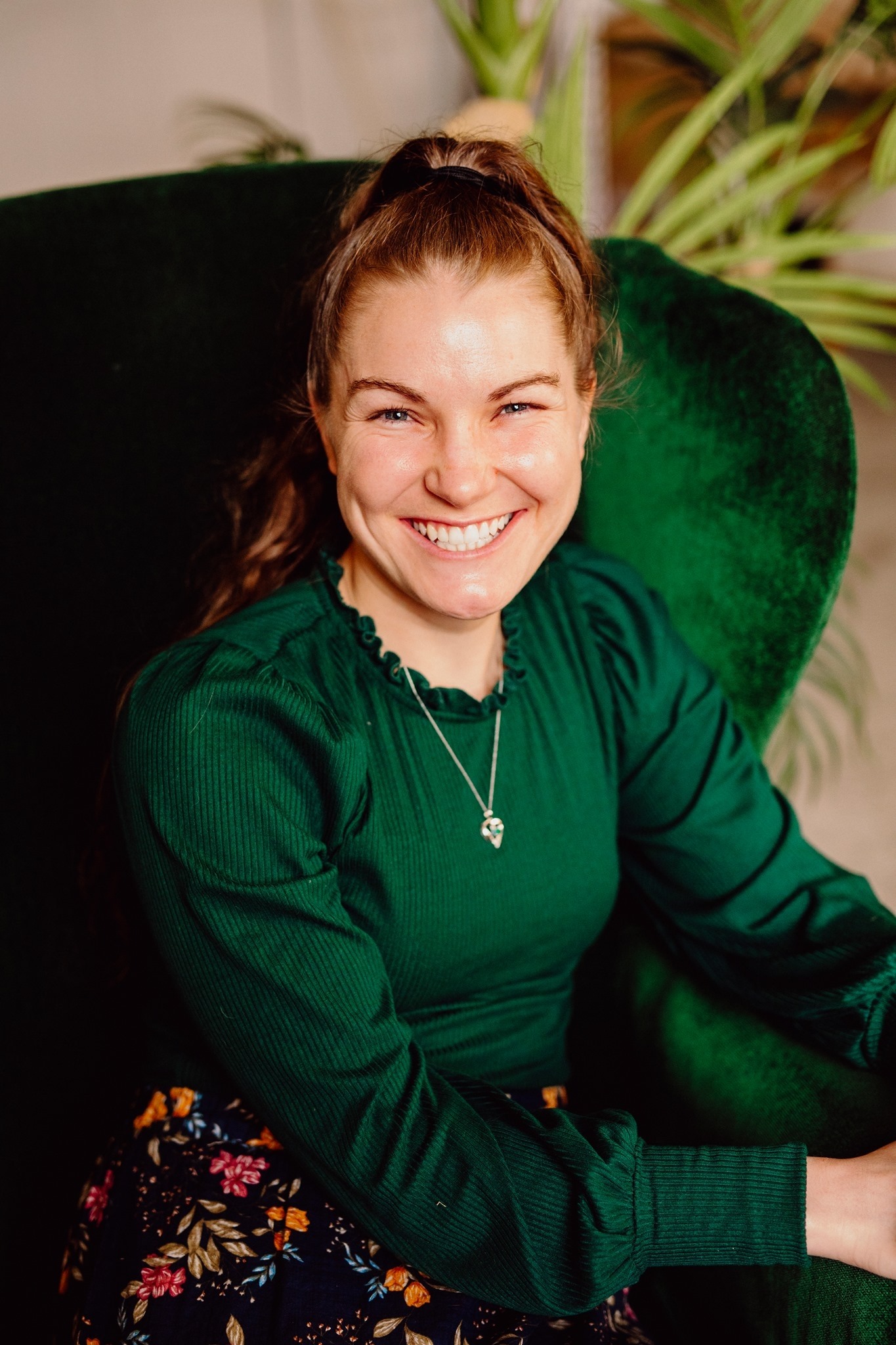 Elevating Choice: Designing Standards-Based Choice Boards and Rubrics
Elevating Choice: Designing Standards-Based Choice Boards and Rubrics
- Alicia Schroeder-Schock, EdD
- Choice boards and rubrics have the power to transform teaching and learning, but only when they're intentionally designed. In this session, you’ll explore practical strategies for designing advanced, standards-aligned choice boards and rubrics that promote thinking and growth in high-achieving learners. Learn how to layer in depth and complexity, offer appropriate levels of challenge, and avoid common pitfalls that turn choice boards into busywork or make rubrics feel vague. You’ll leave with a toolkit of templates, guiding questions, and examples you can adapt immediately to your own classroom or coaching work.
Equity Before Identification: Nurturing Young Talent in Rural Classrooms
- Helen Fotinos
- Julie Stanley
- Brenda Mash
- Rural gifted potential often goes unrecognized until formal testing. This session challenges the "identify-then-serve" model, advocating for equity before identification. By providing early access to high-level enrichment, educators can cultivate the problem-solving and reasoning skills that tests measure. Drawing on Kaplan and Tomlinson, we offer a roadmap for Discovery models and low-prep instructional shifts. Learn to use an equity lens and open-ended tasks to surface hidden talent and create moments of brilliance for all.
New Research: Implications for 2E kids
- Kathy Langan
- I will do a review of several new research studies on Twice Exceptionality and ADHD that were completed in 2025. These studies include 1) Systematic Review of Twice-Exceptional Student Characteristics (Frontiers in Education), 2) 1. Stimulant ADHD Medications Act via Reward & Wakefulness Systems (Cell, Dec 2025), 3) Identifying and Supporting Twice-Exceptional Students (Primary Education Study, 2025). I will then discuss how this new knowledge may affect children who are Twice Exceptional.
Designing Learning Experiences that Resonate: Authentic Projects for Busy Classrooms
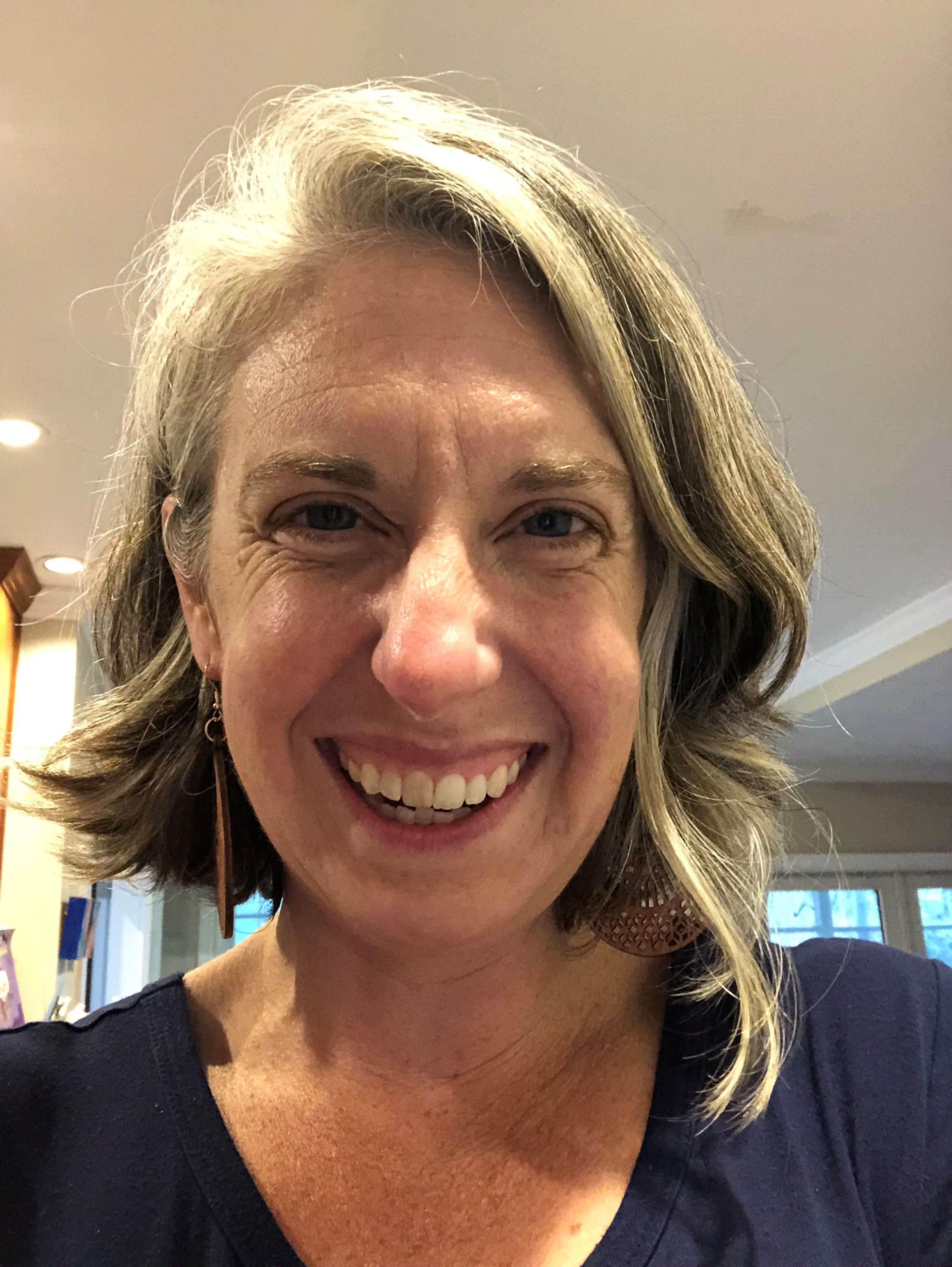
- Katie Plum, Ph.D., NBCT
- Stacy Lynch
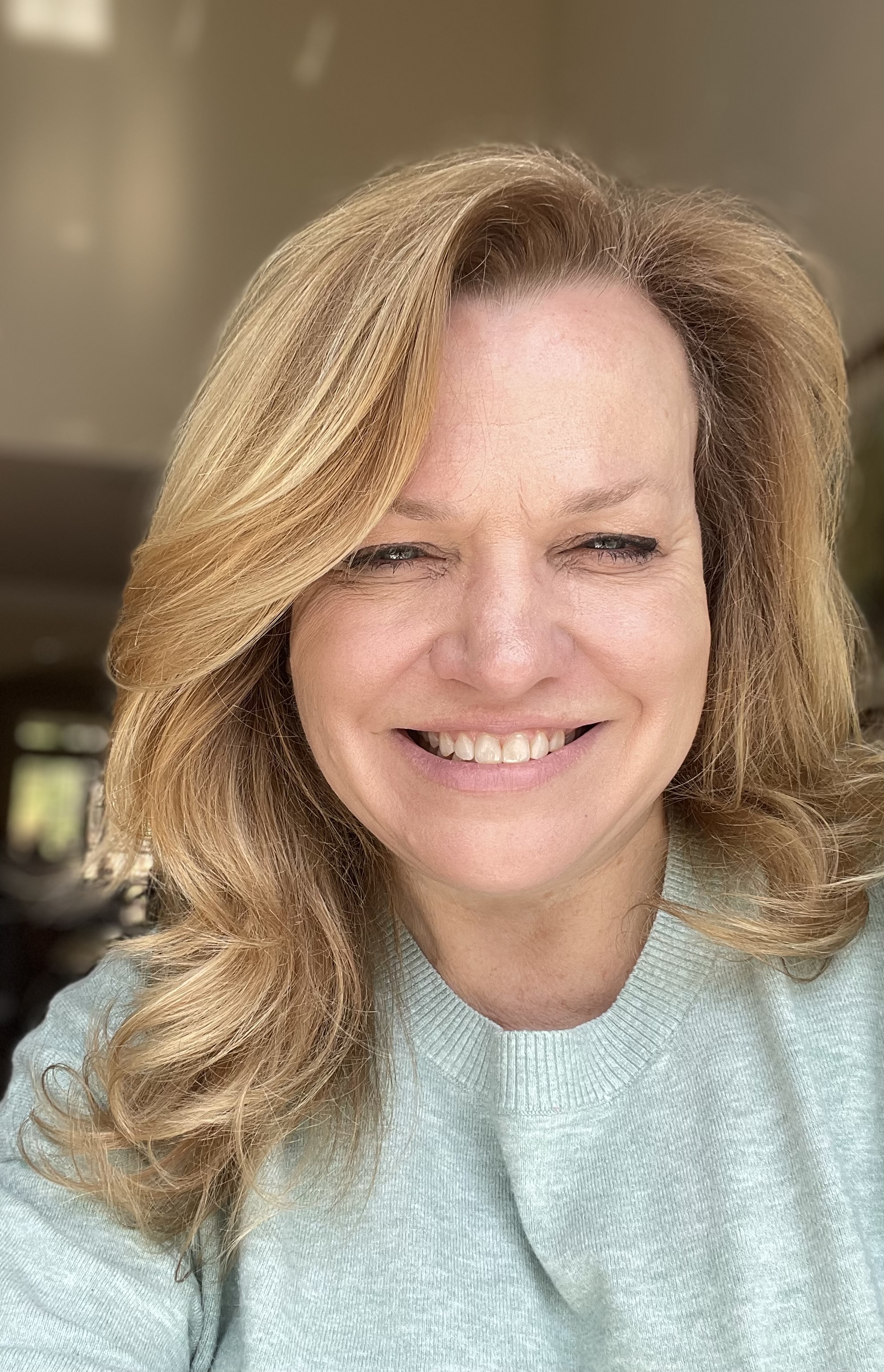
- Discover how authentic, interdisciplinary projects can transform learning for gifted students. Participants will explore strategies that engage learners in meaningful, real-world work, build both academic and soft skills, and shift classroom dynamics so students take the lead. Walk away with practical approaches to fit high-impact, relevant projects into curriculum pacing while energizing your classroom and developing student ownership.
11:30 a.m. - 12:30 p.m. Breakout Session (choose 1 to attend)
The Power of Curiosity for Brain Health, Cultural Connections and Creativity
- Genein Letfor
 d
d - "Don't judge. Be more curious' - Walt Whitman
- Curiosity has a powerful trifecta effect strengthening creativity, supporting brain health, and deepening our ability to connect across cultures. Award winning educator and speaker Genein Letford explores how curiosity works in the brain and why it is one of our most valuable tools for navigating change and uncertainty. Drawing from brain based research, she reveals how to help students move beyond fear of the new and build the mental flexibility needed to shift perspective when encountering unfamiliar ideas, people, or situations. This foundation helps students increase their brain capital (brain health and brain skills) while becoming more confident explorers of new possibilities.
- Through engaging curiosity expanding exercises and thoughtfully designed question prompts, Genein guides participants in revitalizing this innate skill we are all born with; for themselves and their students. They will practice how to ask more interesting and meaningful questions, use imaginative inquiry to spark new ideas, and cultivate greater awareness of themselves and others. By the end of the experience, participants walk away equipped to be mentally healthy, curious lifelong learners, and build this skill in their students, who build authentic relationships and connect across cultural lines with openness, creativity, and purpose.
- Objectives for students:
- Learn how curiosity works in the brain and how to overcome fear of the new
- List three methods to shift perspective around a new situation or perspective
- Increase inquiry techniques and how to ask more interesting questions
- Utilize a curious imagination for the development of new ideas, new awareness and new relationships
The Power of We: A Step-by-Step Guide to Gifted Program Planning with Stakeholders
- Ann H. Colorado, Ed.D.
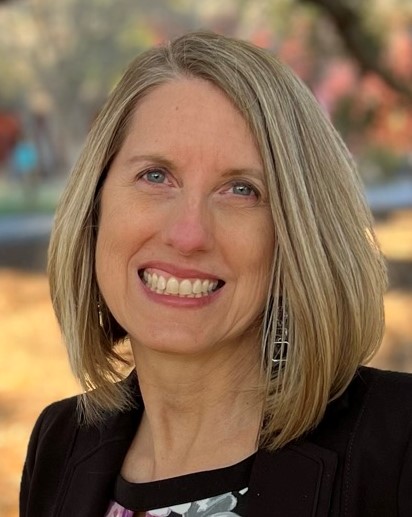
- Gifted coordinators know stakeholder input matters, but making it meaningful is not always easy. This session shares a field-tested, step-by-step planning process for engaging families, educators, students, and community members in gifted program design. Participants leave with practical tools, examples, and strategies they can adapt to their own contexts.
More Choice, More Voice: Diversity and Differentiation in the New Language Arts W&M Units
- Jennifer V. Callison
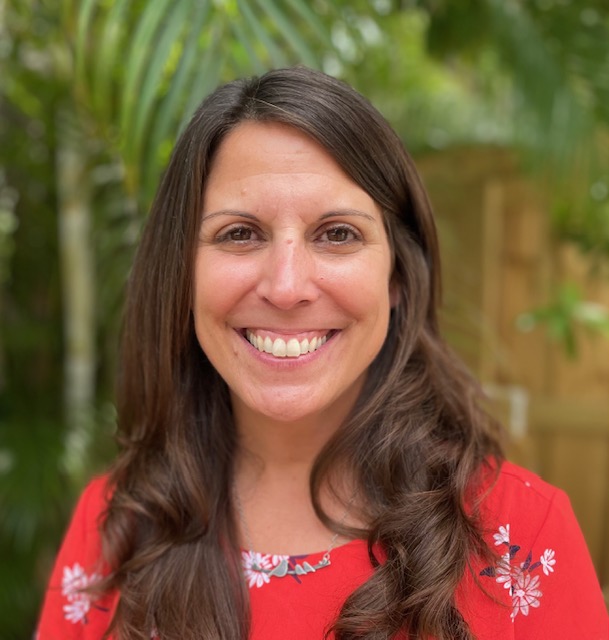
- Dr. Chandra B. Floyd
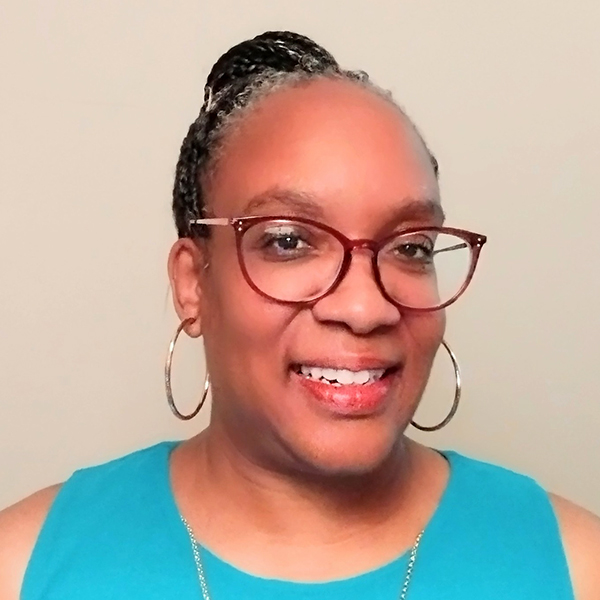
- Your favorite Language Arts curriculum just got a major upgrade! The W&M CFGE 3rd Edition units take the field-tested models you love and add the features you’ve been asking for. We've refreshed the content to feature diverse literature that reflects every student's world, plus tech-forward strategies to boost engagement.
- What’s New? New, culturally-responsive novel choices. Expanded options for differentiated student projects. Seamless ways to bring technology into the gifted classroom.
- Come see how these updates make high-level critical thinking more accessible and engaging than ever before!
Advanced Placement Access Courses: Changing the Invitation
- Amanda Nevetral
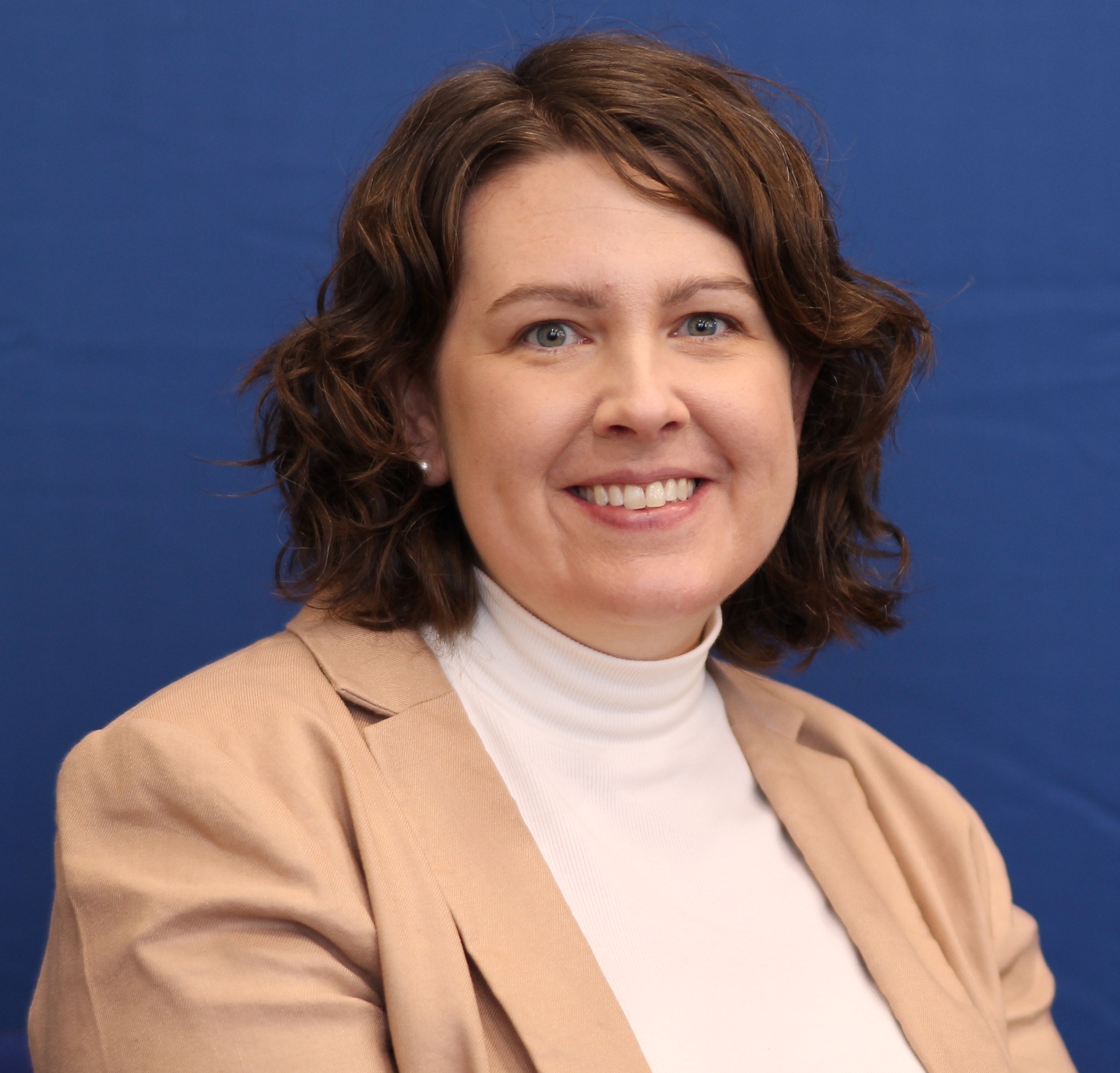
- Valerie Keating
- In recent years, College Board has offered four AP Access Courses intended to provide rigorous coursework and college credit earning opportunities for high school students. In this session, we will explore how these courses can be offered in all years of high school to both expand access and provide service options for gifted and/or high ability students.
12:30 p.m. - 1:15 p.m. Lunch
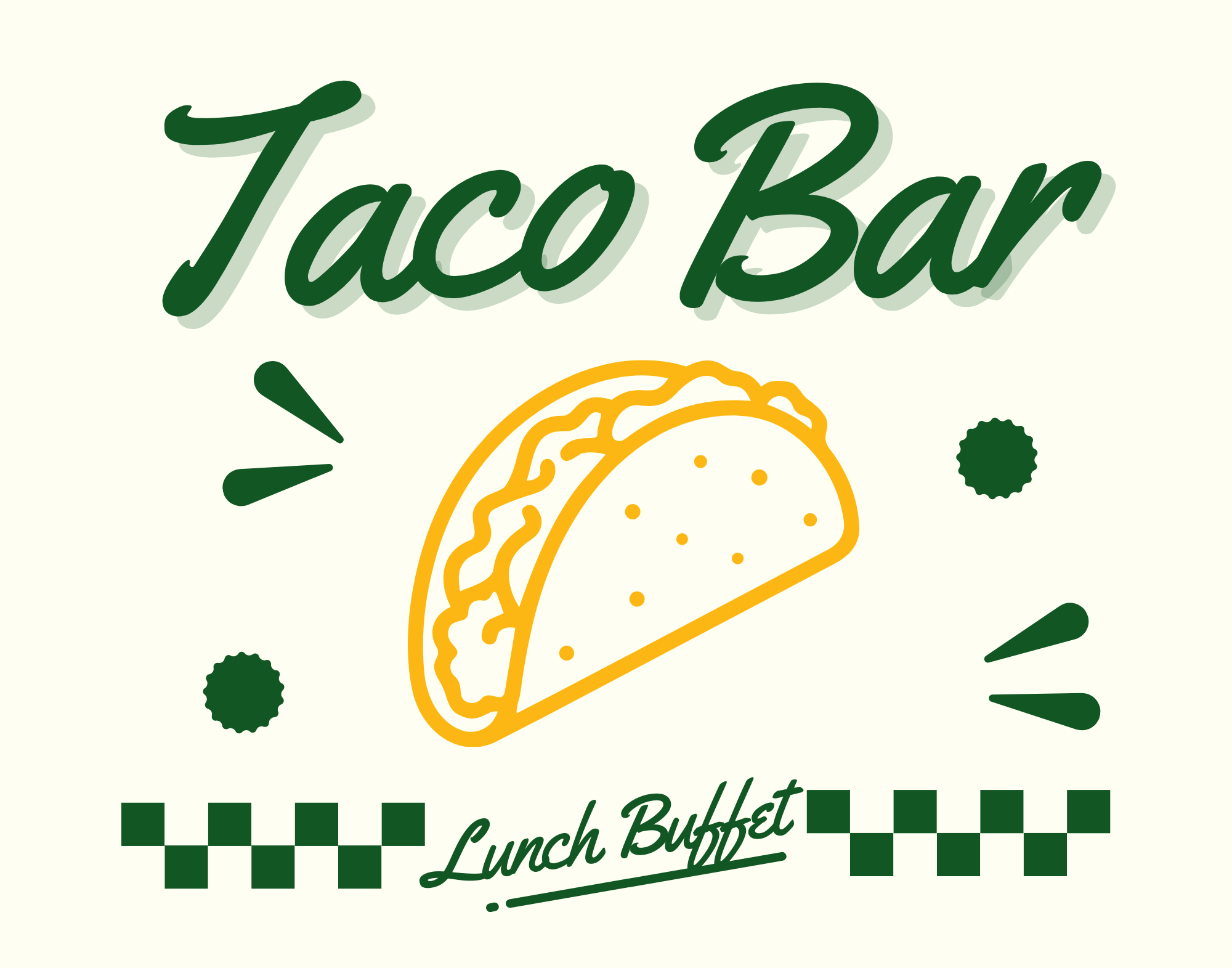
1:15 p.m. - 2:15 p.m. Keynote
Think, Question, Explore, Connect: Rigor and Relevance to Support Advanced Learning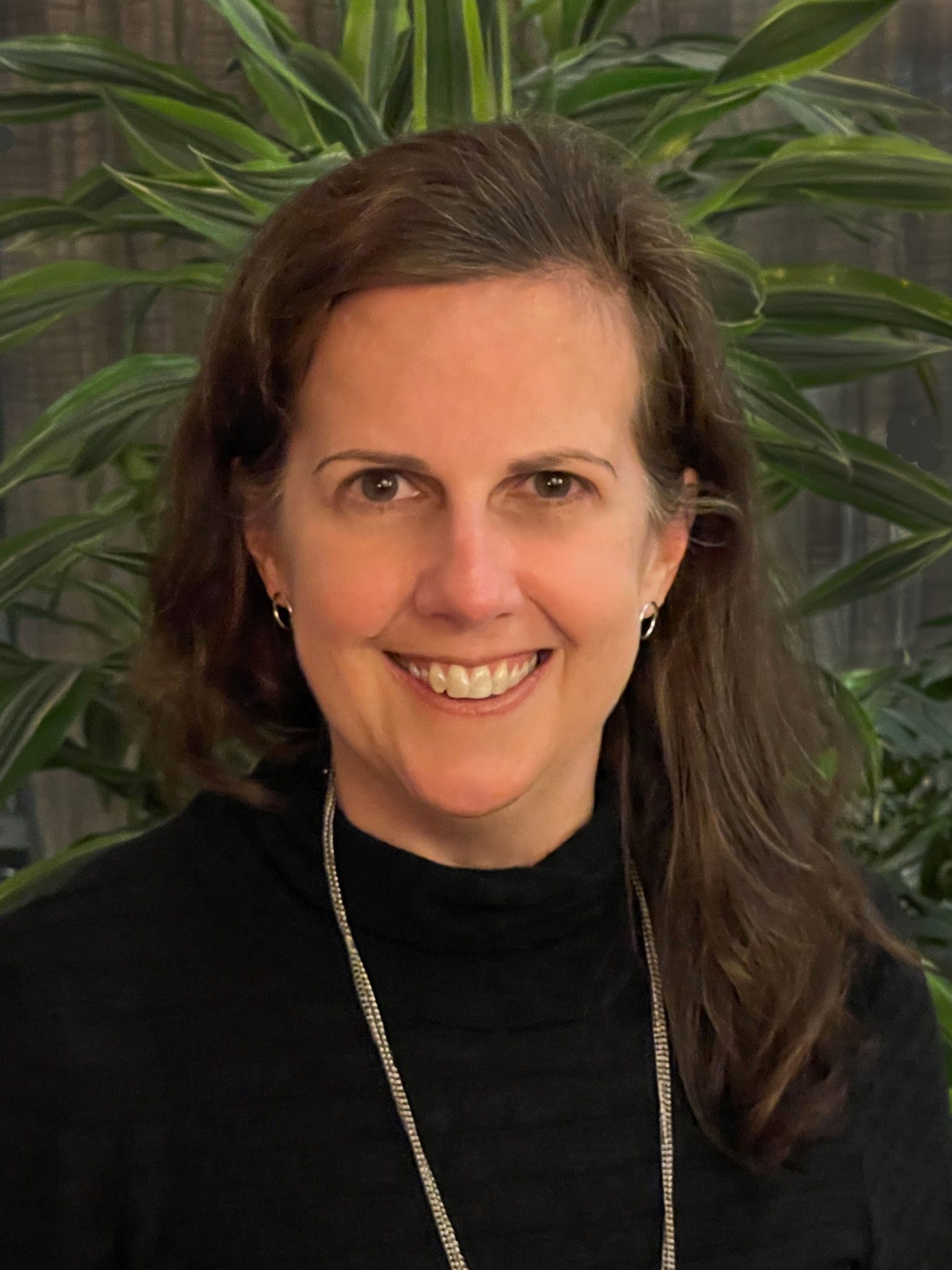
- Dr. Catherine Little
- Advanced curriculum and instruction serve as one of the essential pillars of services for high-ability learners. Through access to advanced learning opportunities, students have opportunities to grow and learn not only content, but also more about themselves as learners. But in our discussions of ensuring challenging experiences, what do we really mean by the terms we use, such as meaning, depth, and rigor? And how do we think about engaging advanced learners in a variety of settings with these emphases? In this session, we explore several core strategies for promoting depth in thinking, supporting rigorous exploration of the disciplines, and promoting opportunities for authentic, meaningful connections.
2:30 p.m. -3:30 p.m. Breakout Session (choose 1 to attend)
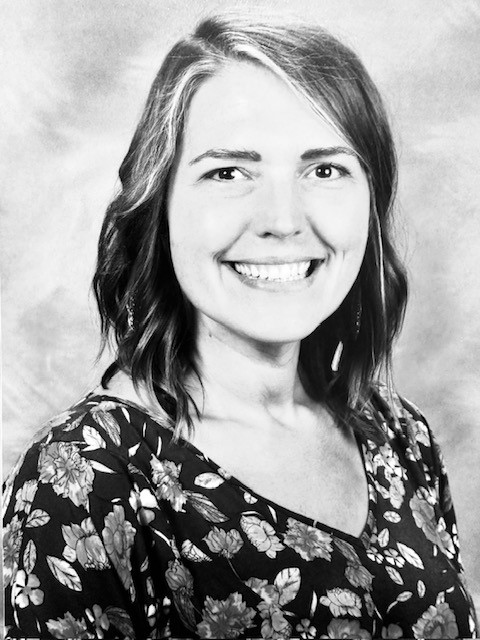
Innovative by Design: Specialty Center Programming that Grows Talent and Belonging
- Jessica Harris, Ed.D.
- Stephanie M. Lambrecht, Ed.D.
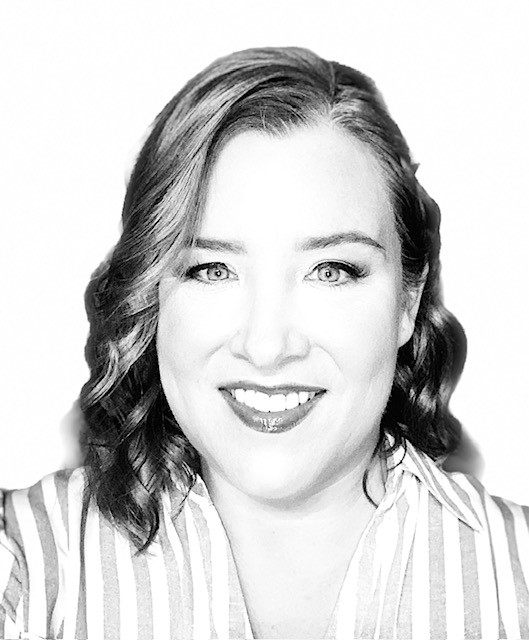
- This session explores Henrico County’s specialty center model serving gifted and high-achieving students. We'll examine how capstones, work-based learning, and cohorting promote belonging and authentic learning. The model enriches gifted learners by deepening existing strengths while simultaneously developing talent in high-achieving students. Attendees will gain insights into curriculum design, grouping, and real-world experiences in diverse high school settings.
Empowering Thinking: Infusing Thinking Skills into Curriculum for Primary Learners
- Alicia Schroeder-Schock, EdD

- Bring critical and creative thinking to life in your primary curriculum by intentionally weaving thinking skills into everyday lessons! Whether you use PETS characters like Sybil the Scientist and Jordan the Judge or your own creative approaches, you’ll discover practical strategies to spark inquiry, guide problem-solving, and nurture flexible thinking across subject areas. This session will showcase engaging lesson ideas and routines that make thinking visible and fun, helping young gifted learners grow in curiosity, confidence, and intellectual skills.
Beyond the Worksheet: Bringing W&M Math into the Regular Classroom (3-6)
- Ashley Y. Carpenter, Ph.D.
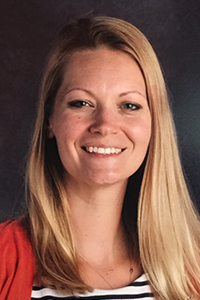
- We know the struggle: you have a classroom full of diverse learners, and your high-flyers are finished with the "Problem of the Day" before you’ve even finished explaining it. How do you challenge them without just giving them more work or having them wait to learn?
- In this hands-on workshop, we're diving into the William & Mary's Math Curriculum for Gifted Students series—and showing you how to "plug and play" these units right into your general education math block.
From Identification to Development: What Jazz Experts Know About Cultivating Talent
- Anthony M. Washington, Ph.D.
- Jazz education has systematically developed creative excellence for nearly a century. This session presents the Giant Steps Framework as a research-based model for developing creative ability derived from studying expert jazz improvisers. Participants will explore how this framework can be generalized across academic domains to move gifted programming from static identification toward dynamic talent cultivation.
3:45 p.m. - 5:00 p.m. Featured Panel Discussion
The Curriculum Think-Tank: A Dialogue with the Experts
- Join four of the most influential voices in gifted curriculum for a panel discussion. In this powerhouse panel join Drs. Shelagh Gallagher, Joyce VanTassel-Baska, Catherine Little, and Tamra Stambaugh for a candid, moderated conversation on the state of gifted curriculum.
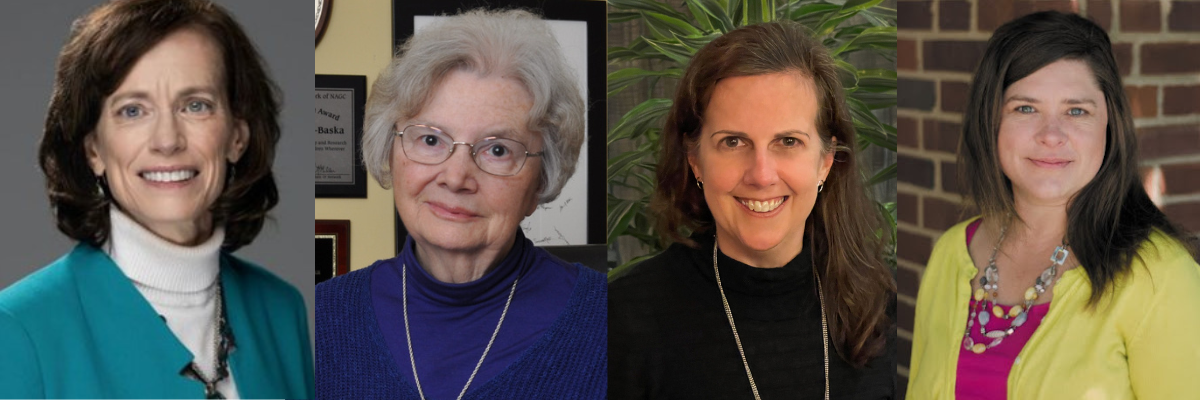
5:00 p.m. - 6:30 p.m. Reception
 30th Anniversary Reception
30th Anniversary Reception
- Join us for small bites, drinks, and cake while we celebrate 30 years.
Sponsored By 
Friday, March 13th, 2026
8:30 - 9:00 a.m. Eastern
 Welcome - Day 2
Welcome - Day 2
- Dr. Shelagh Gallagher
- Join us in Matoaka to kick of NCNC Day 2
9:00 a.m. - 10:00 a.m. Keynote
Simple Ways to Add Complex Thinking
- Dr. Tamra Stambaugh
- How do you create questions and tasks that support complex thinking? Models can help you make complex thinking simple! Learn field-tested and evidence-supported models you can use to add complexity to science, social studies, and/or ELA lessons. View examples of questions, activities, and projects that incorporate varying levels of complexity. Write your own complex questions and tasks using the models as a guide.
10:00 a.m. - 10:20 a.m. Coffee Break
 Coffee Break - Networking Opportunity
Coffee Break - Networking Opportunity
- Please help your self to coffee with all the fixings and take the opportunity to introduce yourself to at least 2 people you don't already know.
10:30 a.m. - 11:30 a.m. Breakout Session (choose 1 to attend)
Problem-Based Learning 101: Using the Power of Stories to Engage Gifted Students in Complex Thinking
- Dr. Shelagh Gallagher

- Problem-Based Learning units are learning stories, and stories are an invitation to adventure and wonderful, complex thinking! Do you want to know how to use a problem to start a unit, and how that unit evolves? Want to learn how to adapt PBL for gifted learners? This session combines demonstration, information, and practical examples to convey the fundamentals of Problem-Based Learning. After experiencing a “deep dive” into a PBL unit we will take a close look at a unit unfolds and what you and do to ensure meaningful learning takes place. Most of all, experience the benefit of student engagement when learning is framed in a PBL story!
Power Up with CREATIVITY! Cultivating Creative Thinking in the Classroom
- Christan Martin
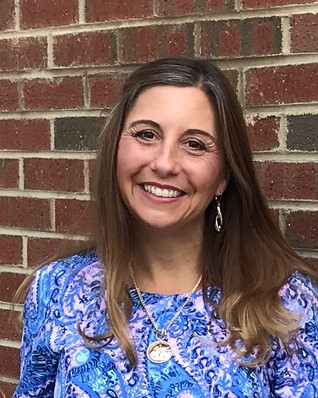
- Creativity is an essential skill to be developed in all students. Fostering creativity in the classroom creates opportunities for flexible, fluent, original, and detailed thinking; key conditions for deep, critical learning. But how can we fit it in when the days are already full? Come POWER UP your creativity by exploring practical, low-prep ways to infuse creative thinking into everyday learning. Educators will leave with ready-to-use ideas, resources, and renewed energy to design learning experiences that invite creativity in meaningful ways.
Escalating English Language Arts for High Ability Learners
- Susannah Richards
- This presentation focuses on a curricular approach that integrates gifted education pedagogy with science of reading evidence. In this approach, students read high-quality literature of all types. The focus is on big ideas and not specific texts as the destination. The goal is to ignite, delight, and cultivate reading, writing, listening, and speaking as a lifetime habit that builds thinkers.
Let's Talk About It: Integrating Academic Discussion Protocols in Novel Studies
- Reginald Johns, PhD
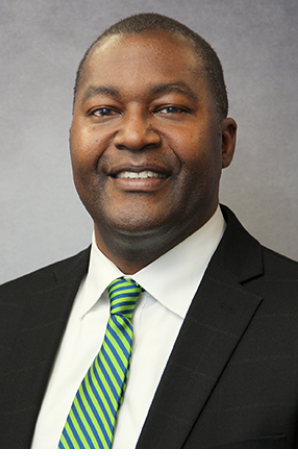
- Using the novel, Rhythm of Time by Questlove and S.A. Cosby, participants will explore how Socratic Seminar, Debate, and Claim/Evidence/Reasoning can help students bridge real world connections to a fictional story about time travel.
11:40 a.m. - 12:40 p.m. Breakout Session (choose 1 to attend)
Beyond the Venn Diagram: Digging into How We Compare and Contrast
- Catherine Little

- Objectives focusing on skills of comparing and contrasting are common in classrooms across multiple content areas, and teachers are well versed in engaging students in “compare and contrast” activities. Yet, often these activities start and end with listing similarities and differences, without necessarily taking a next step of using the comparison for some further purpose. In this session, we wrestle with examples of compare and contrast activities and consider how to deepen these learning experiences, especially to challenge advanced learners.
The Innovation-Literate Classroom: Before AI, Teach the A.I. (Aptitudes of Innovators)
- Dr. Jeanne L. Paynter
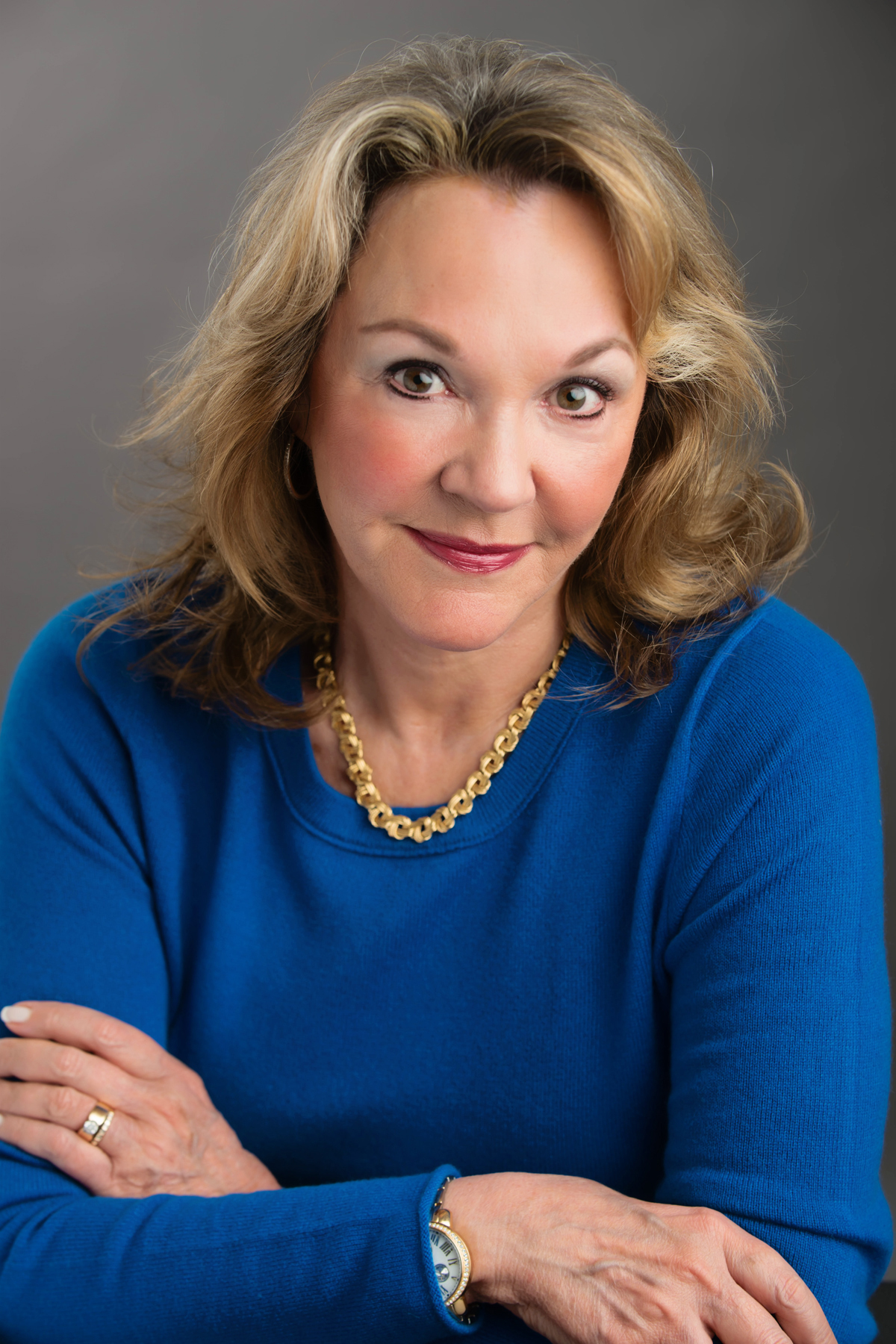
- Are your gifted students “innovation literate?” This means they understand and apply the cognitive and social and emotional skills of creative problem solvers. The key? Explicitly teach as instructional goals the innovators’ talent aptitudes of curiosity, logical reasoning, creativity, persistence, empathy, metacognition (and more) applied in rich content. Gain equitable, engaging, and effective tools to embed and assess the talent aptitudes of innovators across the curriculum with gifted and all students.
Differentiating Up: Re-Engineering Literacy with Gifted Pedagogy
- Dr. Dornswalo Wilkins-McCorey
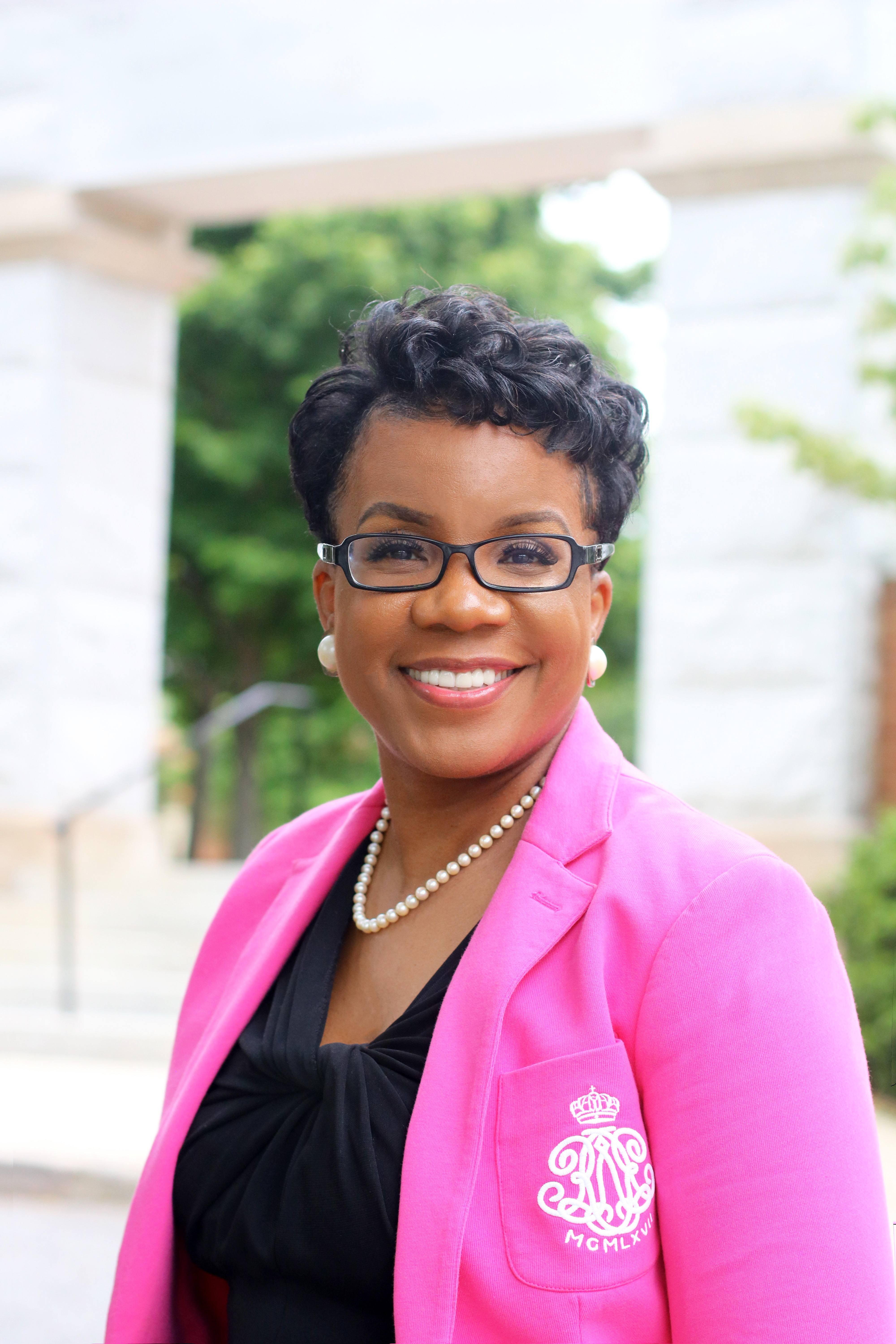
-
In the era of the Science of Reading (SoR), differentiation must do more than provide "support"—it must provide intellectual lift. This session empowers Gifted Resource Teachers/Gifted Cluster Teachers to step into their roles as pedagogical experts, using sophisticated frameworks to "differentiate up." We will demonstrate how to extend and enrich literacy works with Kaplan’s Depth & Complexity, DRAAW+C (Thinking Like a Lawyer), Jacob's Ladder Templates and Hexagonal Thinking.
Empowering Gifted Learners: Integrating Technology into Project-Based Learning
- Sarah Ghandil
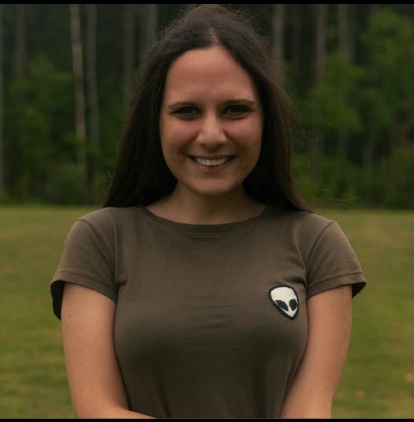
- In this presentation, we will explore the significance of Project-Based Learning (PBL) and differentiated strategies to support students in using their diverse learning styles to promote balanced and effective assessment practices. We will examine various types of projects designed for advanced learners. We will discuss how to utilize these projects to provide meaningful extension activities that allow students to apply their knowledge in practical and impactful ways.
12:45 p.m. - 1:30 p.m. Lunch
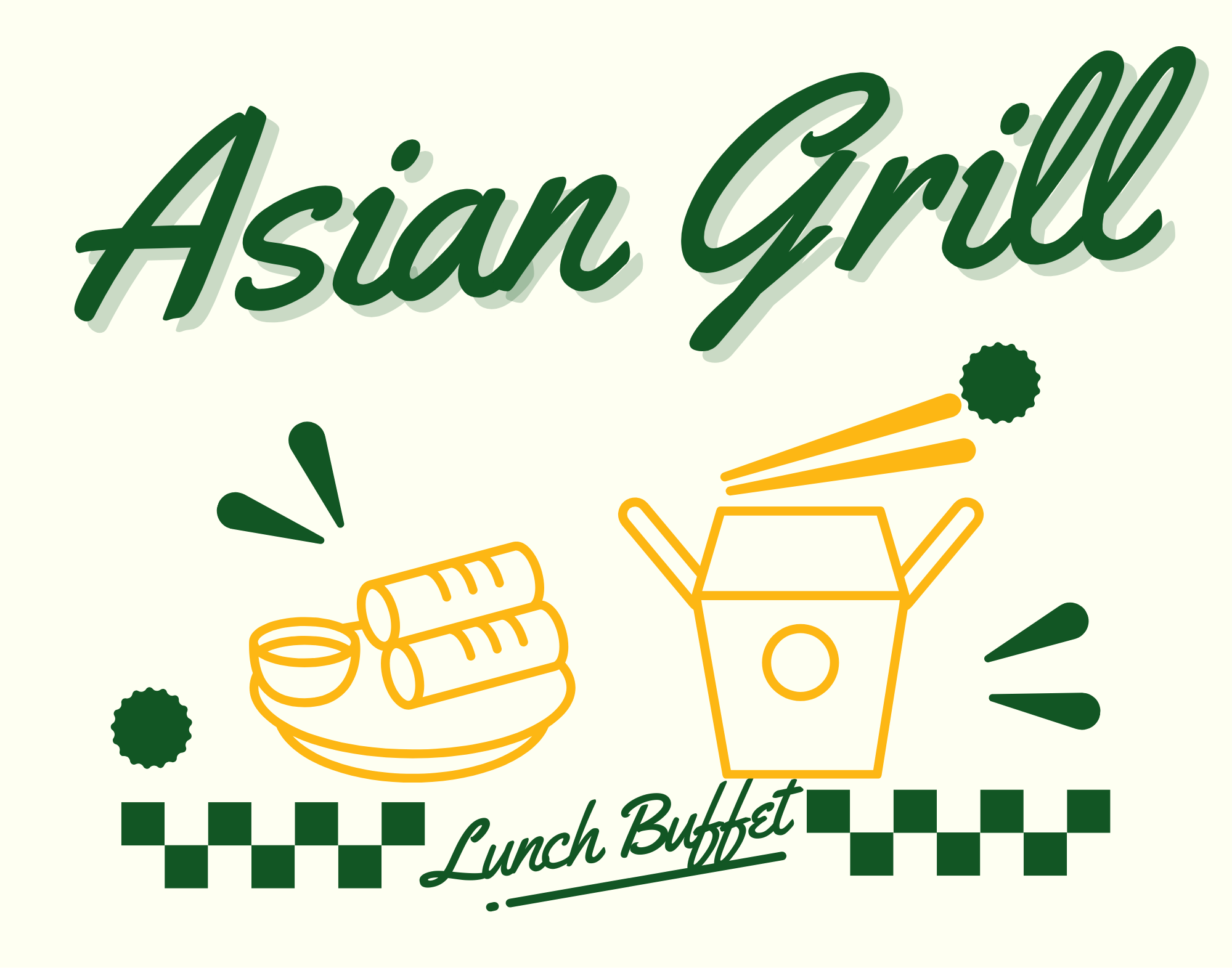
1:30 p.m. - 2:30 p.m. Breakout Session (choose 1 to attend)
A Culturally Responsive Approach Towards Teaching Gifted African American Students
- Kianga Thomas
- This session will focus on using a culturally responsive approach towards teaching gifted African American students. The presenter will provide researched-based, best-practices for working with high-ability African American students. Also, the presenter will highlight activities, materials, and resources to help teachers best utilize their time and classroom practices to ensure learning for African American students and other students of color.
Who Gets to Do the Thinking?
- Adrienne Haskins, NBCT
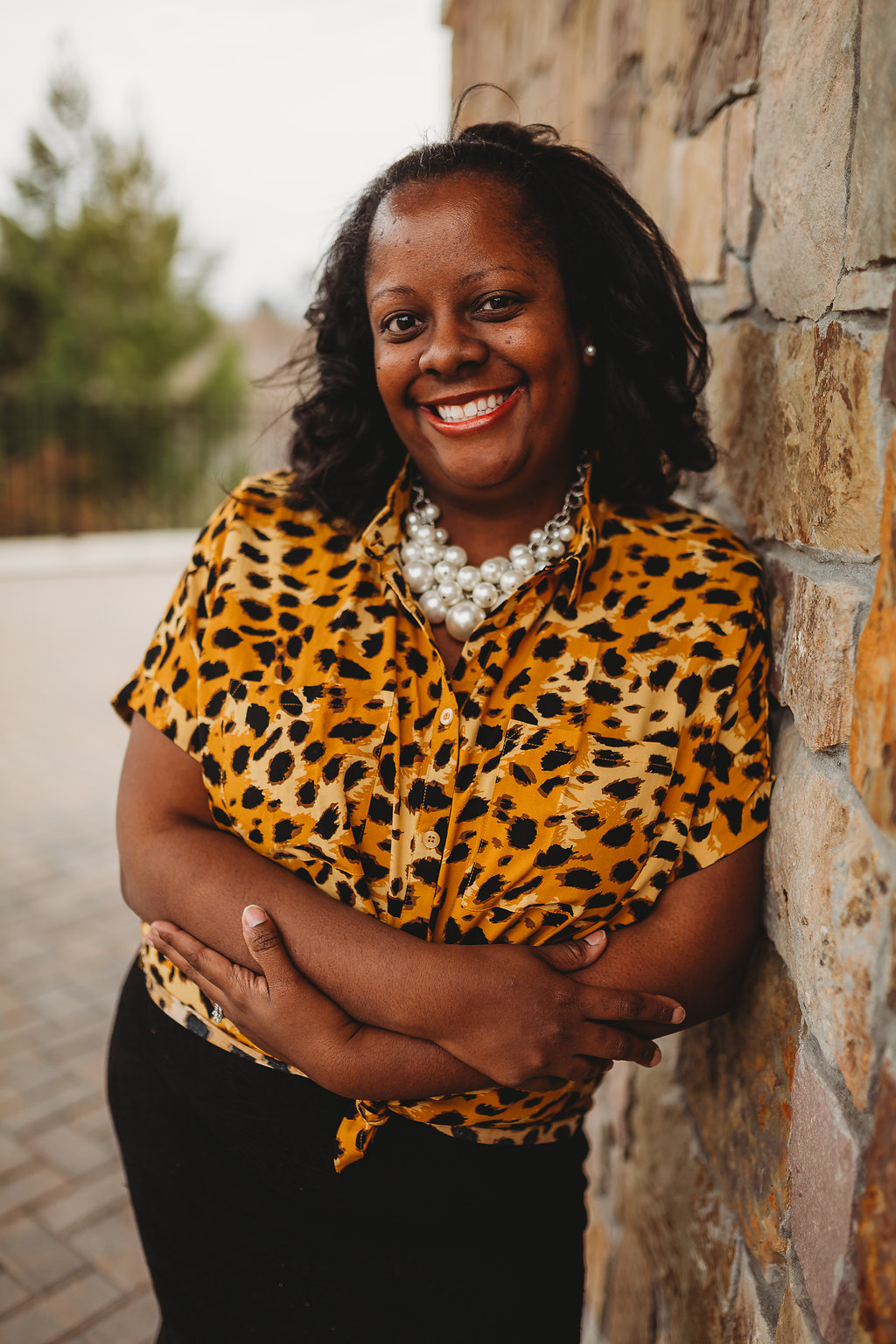
- This session will examine how to use the curriculum we are provided to build a foundation for inquiry based instruction in a K-2 classroom. Allowing our youngest learners to be active thinkers, promoting equity, engagement, and conceptual understanding for all!
The Architect’s Toolkit: Interdisciplinary Thinking Models for the Gifted Classroom
- Jennifer V. Callison

- Ever feel like your gifted students have the "raw brainpower" but struggle to organize their thoughts? Thinking models are the secret sauce. Instead of reinventing the wheel for every lesson, these frameworks give students a repeatable way to tackle tough problems. In this session, we'll look at how to mix and match thinking models to boost rigor without adding extra prep time.
- Some models include:
- Paul’s Reasoning Model: To help kids deconstruct arguments and think more critically.
- The Hamburger Model: To turn messy ideas into organized, evidence-based writing.
- The Research Model: To give them a clear roadmap for independent projects.
- We'll focus on practical, "Monday-ready" strategies to help your students think like experts, no matter the subject.
Teaching Up to Promote Critical Thinking Across the Content Areas
- Dr. Tamra Stambaugh

- The Jacob's Ladder framework extends beyond reading. Thinking occurs in all content areas and students can climb ladders to higher levels of thinking and learning. Using the Jacob's Ladder framework as a guide, explore the mega-models behind each ladder, analyze ladder questions in different content areas, and write your own ladder using content of your choosing.
2:40 p.m. -3:40 p.m. Breakout Session (choose 1 to attend)
Let's Reimagine Dual Enrollment: A Deep Dive into College and Career Ready Virginia
- Amanda Nevetral
- Dr. Micol Hutchison

- This presentation will explore how College and Career Ready Virginia has removed barriers for eligible students to access college coursework at no cost in high school. Dual enrollment will be explored as a rigorous option with seamless transferability for advanced and gifted students.
Insights from History: Strategies to Deepen Student Reading and Historical Thinking
- Dr. Chandra B. Floyd

- In this session, educators will learn strategies that improve student reading skills while igniting their appreciation, empathy, critical thinking, and decision-making. The session highlights practical classroom approaches—such as role-based perspective-taking, document analysis, primary‑source investigations, and reflective problem-solving—that help students connect the past to the present… and that allow them to trace the thread of human behavior that connects us all. Participants will leave with strategies that can be applied to any historical event.
Language as a Lens: Curriculum and Identification for Gifted Multilingual Learners
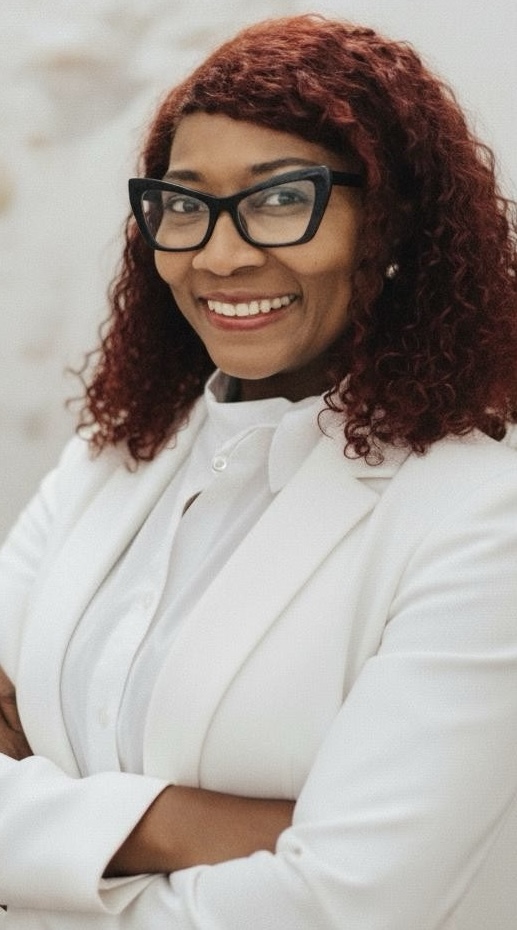
- Darlene Wiggins Dockery, Ph.D.
- This session explores how language can serve as a lens for recognizing giftedness in multilingual learners and how language-rich, cognitively demanding curriculum can nurture that potential over time. Drawing on gifted education research and TESOL-informed practice, the session highlights convergence across the fields and examines implications for curriculum design, professional learning, and sustained talent development in diverse learning contexts.
Raising the Roof: Extending Thinking Through Low Floor, High Ceiling Tasks
- Dayna Walger, Ed.D

- This session focuses on low-floor, high-ceiling tasks that allow all students to enter while keeping thinking open and complex. Participants will examine examples and learn how intentional questioning helps students extend their reasoning, challenge assumptions, and revise their ideas beyond initial responses.
- These strategies are especially powerful for gifted and advanced learners, supporting depth and complexity without acceleration, while making rigorous thinking visible and accessible for all students.